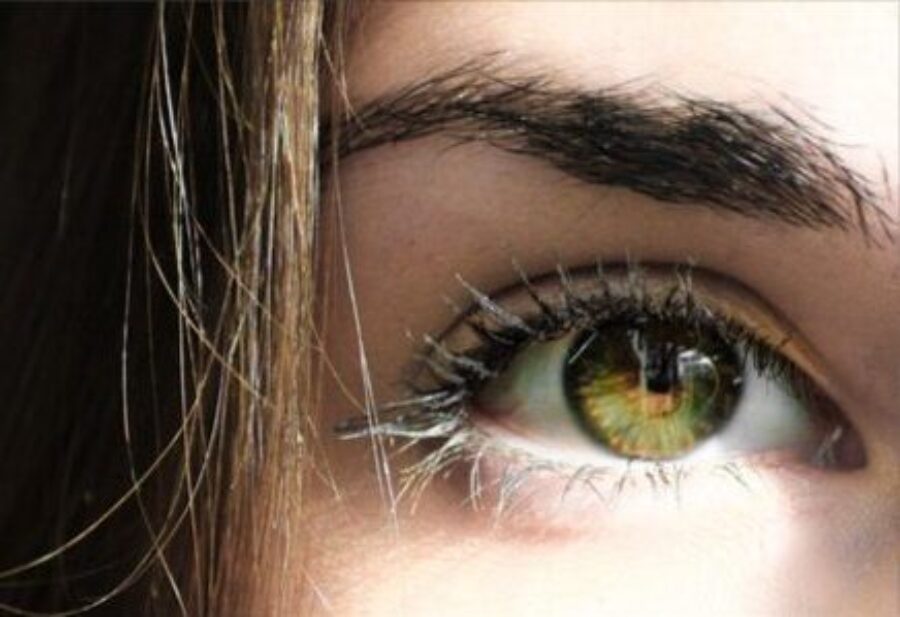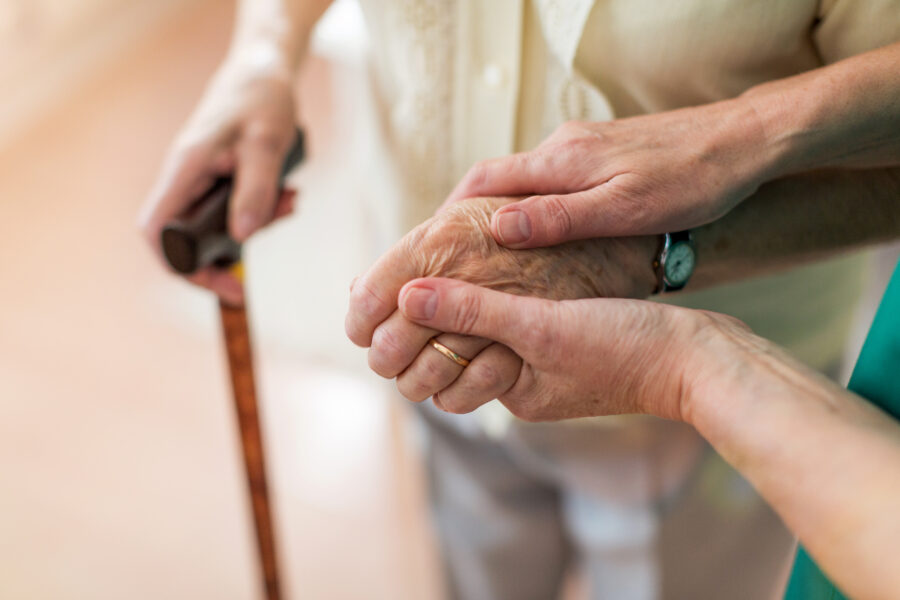Blog post
9 Eye Health Signs to Look Out For in Elderly Relatives
We’re all taking more responsibility for our health than ever before, but for many, you may also be doing this for your elderly relatives. While most of us know the signs to look out for with many health conditions, we understand that you might not be so familiar with eye health conditions.
While regular check-ups are being disrupted like everything else at the moment, we want to help you take care of your vision and eye health, and that of those around you who might be at higher risk of issues developing. These are the signs to look out for, to know when additional or urgent care may be needed.
No longer enjoying their hobbies
Have they started showing less interest in activities they usually enjoy, such as reading, knitting or watching television or do they seem to be struggling with them?
It might be that their prescription is no longer suitable, so it’s worth checking that they can still see the things they enjoy.
Showing less interest in food
If your relative seems less interested in eating, or if they regularly only eat half of their plate of food, this may be a sign that sight loss is partially clouding their vision.
Increased anxiety or reluctance to socialise
If they’re usually the life and soul, or love going out for a walk and now no longer seem keen, it may be that their vision isn’t as clear as it used to be.
Similarly, unexplained bumps and bruises may signify that they’re struggling to see clearly and may be afraid of trips and falls.
Dust and dirt on the walls
Does your relative see dust and dirt on the walls or dark marks in the sky? If you can’t see them, this may be a sign that they’re experiencing floaters.
Floaters are generally harmless, but if they persist, can be a sign of an underlying health condition and may need to be checked out.
Changes in vision
Complaining that things look blurred or misty, or that their glasses are dirty (even when they’re not) may be a sign of cataracts developing.
Similarly, feeling that lights are too bright or that colours look faded can also indicate possible cataracts.
Seeing rainbows
Glaucoma is a condition that develops gradually and is often only picked up during an eye test, but symptoms include seeing rainbow-coloured circles around bright lights or reporting blurred vision.
Sudden changes or extreme symptoms
In some cases, glaucoma can come on suddenly and required urgent treatment.
If your loved one is experiencing nausea, vomiting, a headache, red eyes or eye tenderness, you should request urgent treatment at A&E or call 111.
Hallucinations and altered vision
Macular degeneration is another condition to be aware of, with symptoms including blurred vision; seeing black spots in the centre of their vision; seeing straight lines as wavy; objects appearing smaller or duller than they used to or even experiencing hallucinations.
Extreme changes in vision
If your loved one reports a ‘curtain’ or shadow moving across their vision, or if they complain of double vision, light sensitivity, distorted vision or red and painful eyes, it’s recommended to call 111 or visit A&E for urgent treatment.
If you’re concerned about a friend, relative or patient’s vision or eye health, get in touch to make an appointment.



